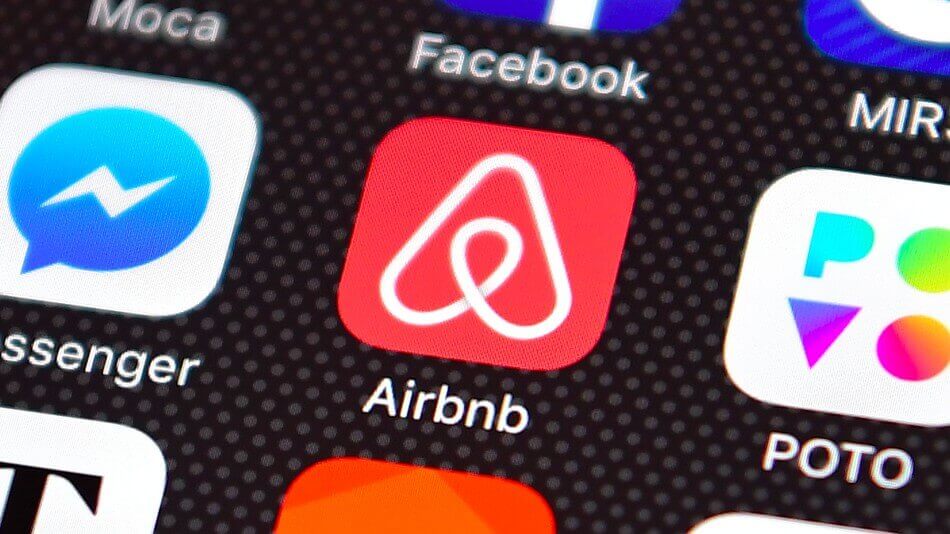
The rise of Airbnb has been nothing short of meteoric. What started in 2008 as three friends renting air-mattresses out of their San Francisco apartment, has transformed into one of Silicon Valley’s biggest unicorns, with a valuation of $31 billion. Airbnb poses a real threat to hotels, but by understanding why Airbnb has become so popular, hoteliers have the ability to fight back.
The Airbnb threat
A 2016 survey by Morgan Stanley found that 19% of leisure travelers and 18% of business travelers have used Airbnb at least once. Those numbers were expected to rise to 25% and 23% respectively this year. However, what should be most alarming to hoteliers is that a staggering 60% of consumers who have used Airbnb, or other “peer to peer lodging” sites, prefer them over traditional hotels.
This was reinforced by a recent Phocuswright study, which found that Airbnb receives dramatically more repeat bookings than hotels and major OTAs. In fact, their repeat booking rate is approximately 5X higher than Booking.com or Expedia and roughly 3X higher than major hotel brands.
Why is Airbnb so successful
Airbnb’s success, in no small part, boils down to its ability to leverage technology to create a superior digital experience; one that reflects evolving consumer behaviors. There is no reason why hoteliers can’t offer the same experience to travel shoppers, but as Mary Meeker’s 2017 Internet Trends points out, Airbnb is investing in destination value propositions, while hotels are still talking about price and availability, which is counter to how people want to buy.
Hotels can learn from Airbnb
Airbnb understands that the travel experience begins long before a traveler ever arrives on-property. Typically it starts online, which is why they have created a framework for their listings where travel shoppers can easily find basic information like price, reviews and amenities, as well as a detailed description of the property and nearby attractions, written by the host.




